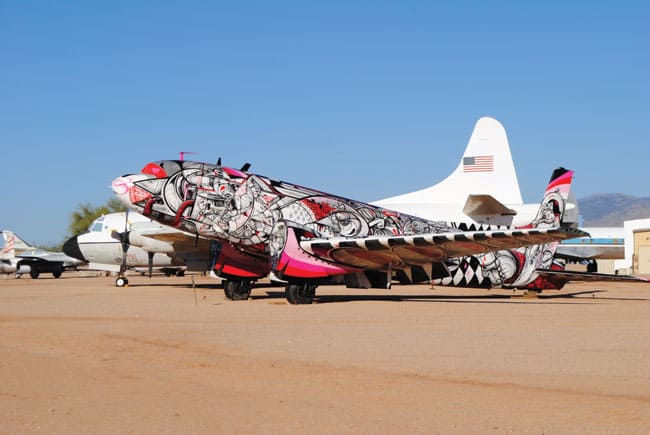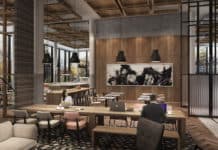
Tucson’s culinary fervor spans 4,000 years of heritage through innovative food banks, seed libraries, farmers markets, community gardens and kitchens and even vast literary writings on the subject.
Tucson’s food scene is so powerful that it recently catapulted the city into a category of its own: the first UNESCO World City of Gastronomy in the US. Separately, it’s been rated a top planner’s pick by our Prevue readership.
The designation adds Tucson to the Creative Cities Network, which promotes cooperation among cities whose sustainable urban development plans are anchored in creativity and cultural industries.
The city’s James Beard award-winning chef, Janos Wilder, quickly leveraged the accolade with the opening of The Carriage House, featuring a cooking school and private event space. The year-round school will host 70 attendees for demonstrations and 20 for hands-on classes. Excellent culinary keepsake sources for Tucson attendees include the Seed Bank for heritage seeds and recipe books found nowhere else on earth, or stop by the San Xavier Co-op Farm Store for tribal-made goodies such as the mesquite cookie mix, roasted green chile rub, pickled veggie jars or honey harvested from local hives.
And for that intangible keepsake that attendees take home in their hearts, CSR opportunities abound at the Tucson Village Farm, recognized by First Lady Michelle Obama for its success in connecting young people to the land. To add a little “wow” to your event, consider holding a gala at the Pima Air & Space Museum, which can accommodate groups from 20 to 400 in its Main Hangar and overall 20,000 sf of event space.










